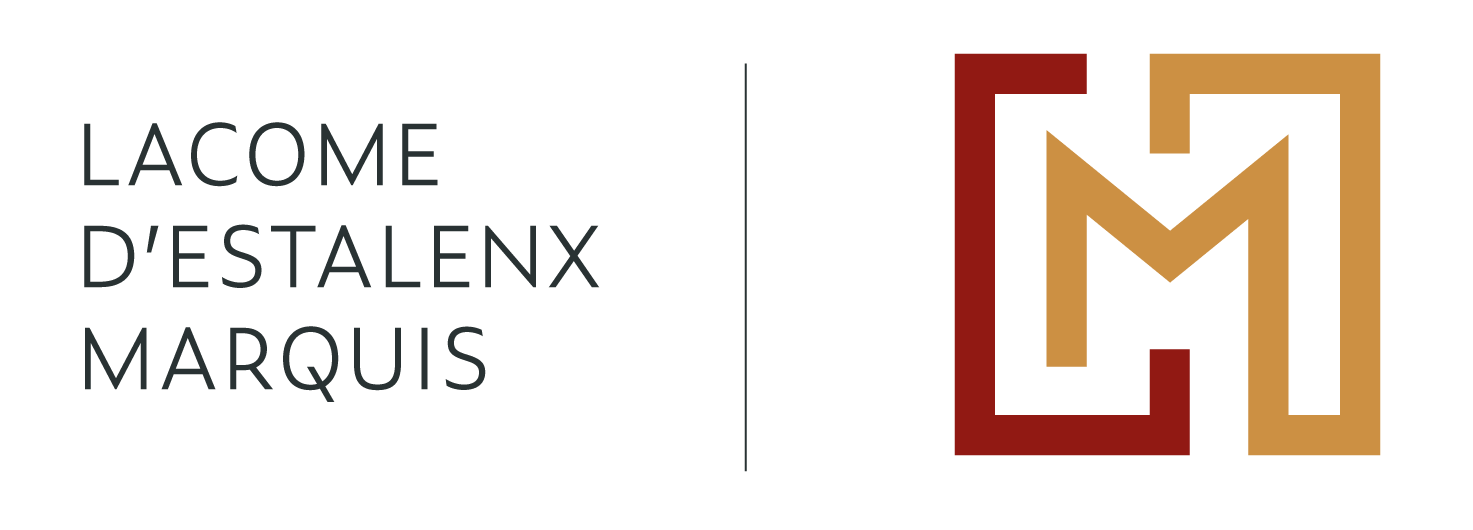

Unlocking legal costs and insurance in france’s legal landscape
Costs and Compensation
When a legal battle concludes in France, who bears the financial brunt? Can the unsuccessful party be held accountable for covering the litigation expenses of the victorious side?
According to the French Code of Civil Procedure, the party on the losing end typically shoulders all legal costs, encompassing court fees, translation expenses, expert fees, and attorney charges, if they are regulated. However, there’s a twist: French courts maintain the authority to allocate part or all of the legal costs to the prevailing party. Additionally, courts hold the discretion to impose other financial obligations, such as supplemental attorney fees, beyond the regulated costs. Notably, while courts possess this discretion, there’s little precedent indicating that litigation funding costs fall under this umbrella. Furthermore, any additional sums ordered by the court (under Article 700) are usually determined on a discretionary basis and may not fully cover the actual expenses incurred by the winning party.
In domestic and international arbitration, the tribunal retains the power to decree costs and determine the proportion in which they should be paid. This could conceivably include third-party funding costs of the prevailing party.
Responsibility for Costs
Is a third-party litigation funder liable for adverse costs?
Typically, if the third-party funding agreement stipulates the coverage of adverse costs—an approach common among Continental European funders—the funder is contractually obligated to shield the funded party from such expenses. However, while the funded party may have recourse against the funder based on this contractual obligation, the successful adverse party lacks enforceable rights against the funder, as there’s no reflexive effect of the contractual obligation towards the funded party.
In the absence of a contractual commitment, French law does not provide an independent legal basis for courts to compel a third-party funder to bear adverse costs.
Security Measures
Can courts mandate security for costs from claimants or third parties?
Although the Code of Civil Procedure doesn’t explicitly authorize courts to demand security for costs from claimants or third parties, in practice, parties in domestic litigation may obtain such orders against the opposing party through requests for interim measures. Similarly, in international arbitration, parties have succeeded in obtaining security for costs against funded claimants by petitioning for interim measures, provided they can demonstrate the urgency and irreparable harm necessitating such measures.
Does third-party funding influence the court’s stance on security for costs?
While the presence of third-party funding could potentially impact evaluations of security for costs requests in arbitration proceedings, it’s not inherently sufficient to justify such an order in practice.
Insurance Considerations
Is after-the-event (ATE) insurance prevalent?
In France, ATE insurance isn’t widespread. Although no legal barriers exist, there’s currently no standardized offering available. Nonetheless, reports indicate that some foreign insurers do provide ATE insurance in certain cases. Additionally, if the funder offers an all-inclusive solution encompassing ATE insurance for adverse costs coverage, it can be incorporated into the litigation funding agreement.
On the other hand, legal cost insurance is a common practice in France. Typically arranged preemptively, this insurance offers coverage for specific types of claims, up to the limits outlined in the policy.
For any inquiries regarding your legal proceedings in France, feel free to contact us.
LACOME D’ESTALENX MARQUIS Law Firm specializes in corporate law, mergers and acquisitions, and related transactions (particularly high-level transactions), as well as business litigation. We provide counsel to individuals (business owners, executives, investors, shareholders, etc.) and French and foreign companies in all stages of pre-litigation and litigation proceedings, as well as enforcement procedures.

